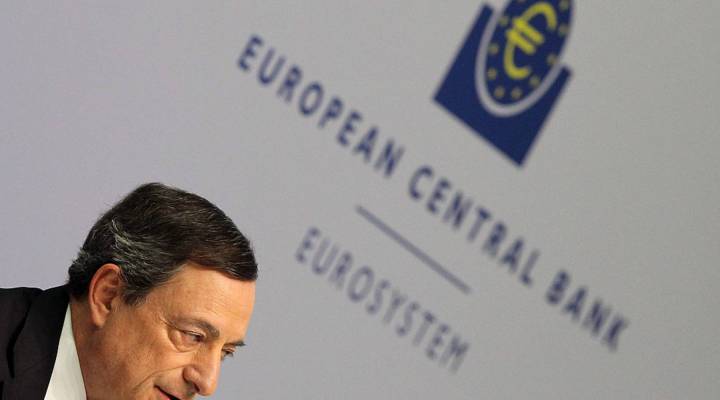
A transatlantic central banking policy disparity

On Thursday, the European Central Bank made some strong moves — slashing interest rates, buying bonds and a host of other actions aimed at encouraging banks to lend money. For those who don’t follow Europe’s economy, this might sound a little drastic compared to what’s going on in the United States, where the Fed has been raising interest rates, albeit very, very gradually.
The difference in thinking between European and American bankers right now is a bit like the difference between European and American films. (Spoilers lie ahead for those unfamiliar with certain classics of European cinema.) In both cases, the European view of the world is darker. Consider some of Europe’s greatest movies. In Breathless, the hot young romance ends. Tragically. Bicycle Thieves? Dad never finds the bike. And in La Dolce Vita, even the orgy is really sad.
Right now, Europe’s central bankers do not see their economy headed for a Hollywood ending. Unemployment is stubbornly high and crippling deflation is a real threat.
“Europe has not recovered as well as the U.S. has from the crisis,” said Ann Owen, a Hamilton College professor and former Fed economist. “European monetary policy needs to be more aggressive.”
It’s not that all’s perfect for America’s economy, but the numbers the folks in Frankfurt are looking at paint a far dimmer picture than what their counterparts are looking at in Washington.
There’s a lot happening in the world. Through it all, Marketplace is here for you.
You rely on Marketplace to break down the world’s events and tell you how it affects you in a fact-based, approachable way. We rely on your financial support to keep making that possible.
Your donation today powers the independent journalism that you rely on. For just $5/month, you can help sustain Marketplace so we can keep reporting on the things that matter to you.


















